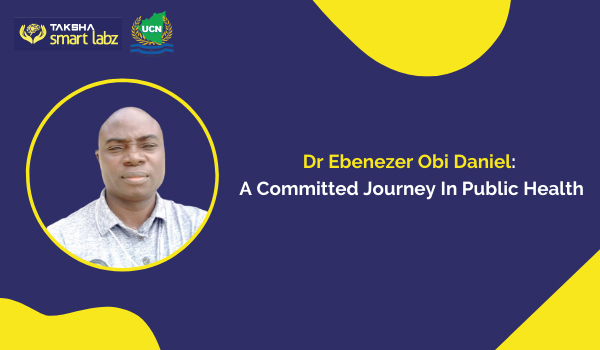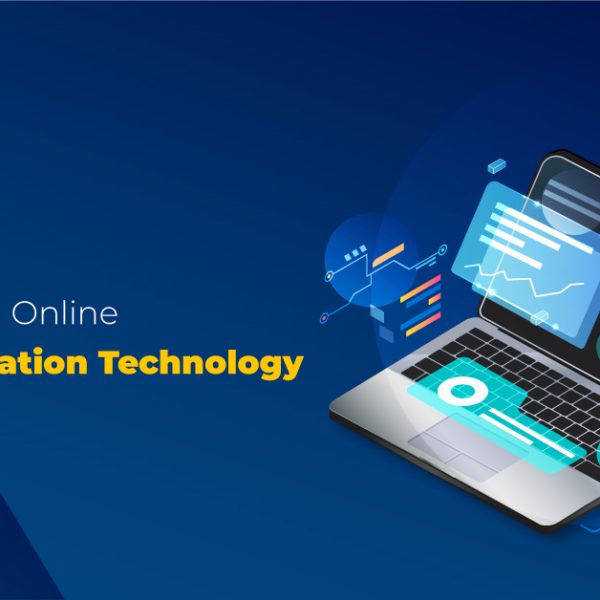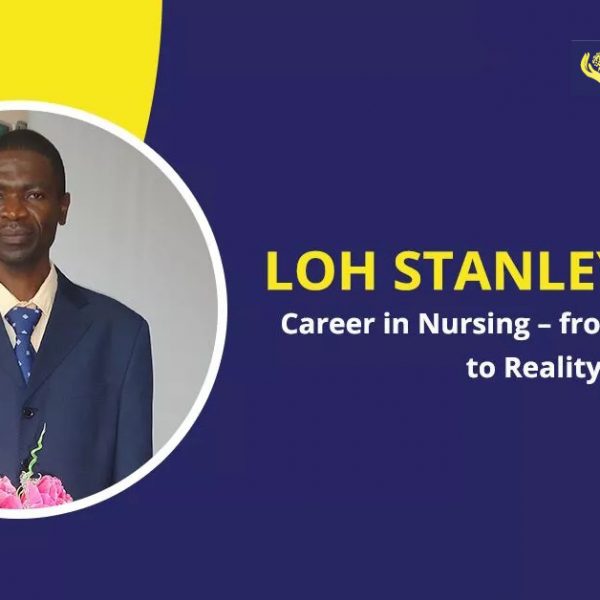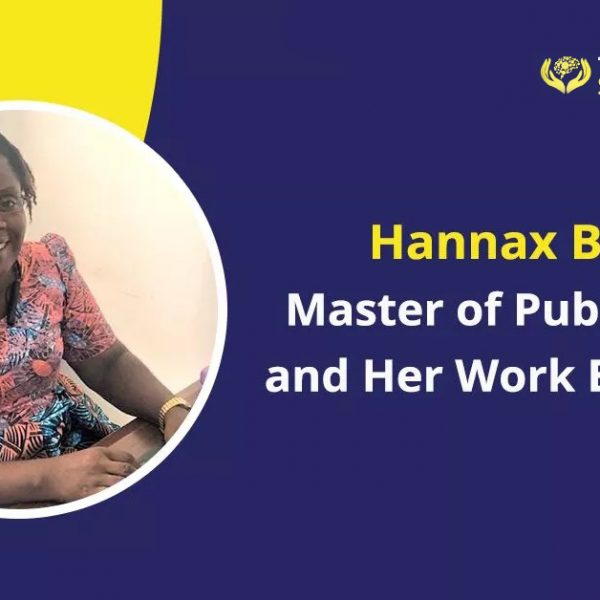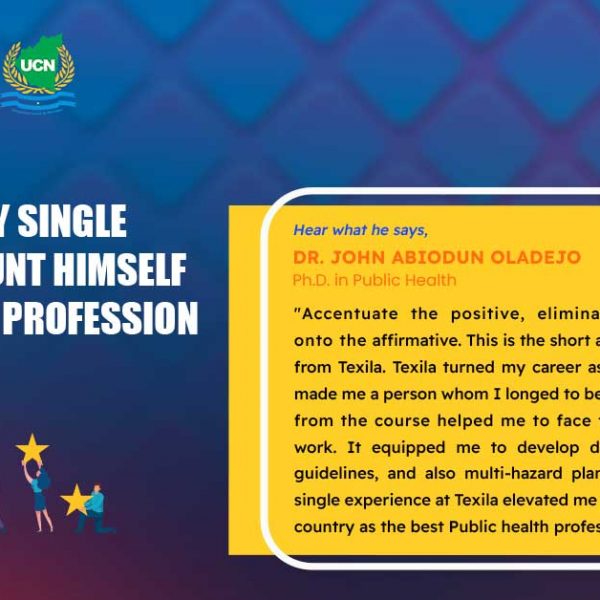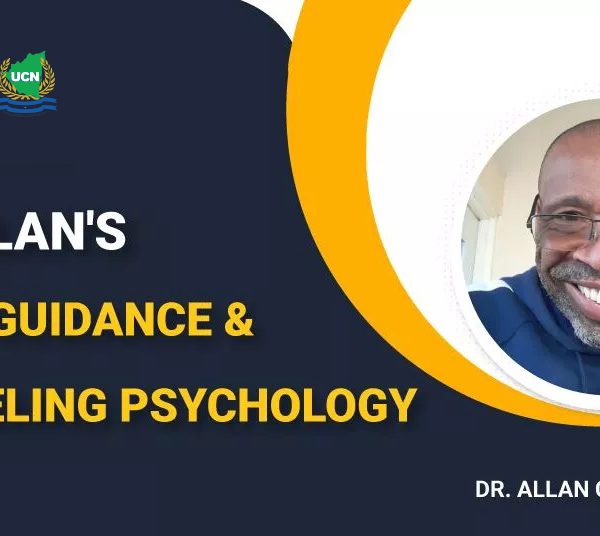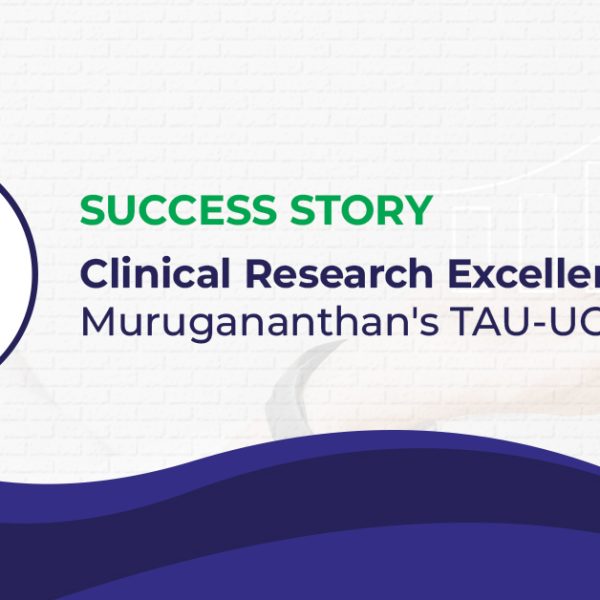Successful Journey in Public Health
Dr. Ebenezer Obi Daniel is a top public health expert who serves a multilateral organization with a singular goal of building a sustainable health care ecosystem, which is presently shaken by the pandemic.
Dr Daniel, who is a Health System Development Specialist with the World Health Organization (WHO) in Seychelles, is confident that strong public organizations will help the world find its feet and fight back the virus that is receding in global hotspots.
South Sudan and Nigeria are the milestones in Dr. Daniel’s global career that began with his earnestness to take up research in public health.
With “near zero” knowledge in public health, Dr. Daniel’s “inherent interest” in the field nudged him into joining Texila American University, where he completed both his master’s degree and PhD in public health.
“Texila is a one-of-its-kind institution that combines quality education with affordability,” said Dr. Daniel, who worked with WHO in Nigeria between 2019 and 2020 as a public health consultant. He was in charge of both routine and supplementary immunization activities, including the integration of primary health services wherever possible.
“Young students struggle to balance education and work and, in my case, Texila recognized my passion for this study, accommodated my difficulty, and helped me complete my studies through their scholarship programs for deserving candidates and a flexible mode of study.”
After all, education must suit our pockets, said Dr. Daniel, who served Doctors with Africa (CUAMM) in South Sudan, between 2015 and 2019, during which he played a key role in improving access to essential health services among vulnerable populations in South Sudan.
“This is a goal I achieved with both formal and informal commendations,” says the public health specialist, who coordinated multiple public health humanitarian responses in war-torn states in his capacity as Technical Advisor and Project Manager.
Some of the areas where Dr. Daniel operated, included Reproductive, Maternal, Newborn, and Child Health (RMNCH), Expanded Program on Immunization (EPI), Nutrition Therapy Program, Procurement, Disease Control, and Epidemiology.
Texila American University stood out in many crucial aspects, some of them are beyond academics, says Dr. Daniel.
“The university’s well-structured modules were highly successful in simplifying complicated concepts, and the assignments were infused creativity in large doses.”
“Access to a well-stocked e-library, the rich content of the program coupled with the academic approach set us thinking, we could also help us relate to the ground reality,” Dr. Daniel says.
He said studying in Texila also meant reading widely a lot of material followed by tests and assignments, however, the path to earning the degree or doctorate was smooth for any student who was interested in the pursuit, thanks to a highly qualified and committed faculty.
“Life at Texila was memorable with every little interest of the students looked into by student coordinators through weekly meetings,” Dr. Daniel said.
The university’s multicultural environment facilitated an exchange of ideas and opportunities and helped in making lasting friendships with people from across the African region and beyond, said Dr. Daniel.
“Students from Zambia, Sudan, South Africa, Nigeria, Cameroon, Guyana, Canada, and India were a big part of the student community at Texila, and it nourished our thoughts, attitude towards diversity.”
It is possible to learn after classes, too, at Texila – reports, papers, analysis, and research activities about infectious and non-communicable diseases, and epidemics and pandemics, according to Dr. Daniel.
“It helped us to better understand the urgency in addressing diseases prevalent in the African region – like Ebola and malaria,” said Dr. Daniel.

